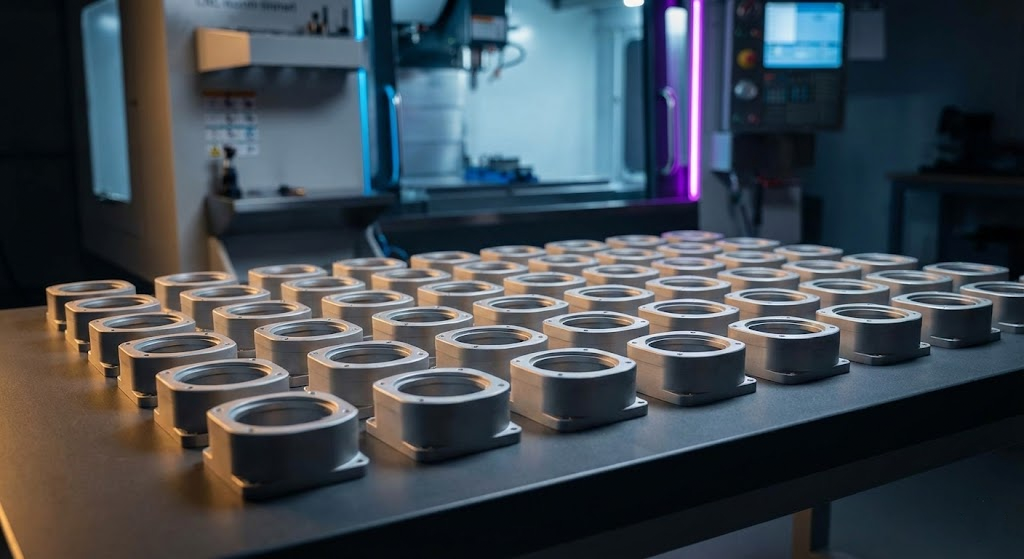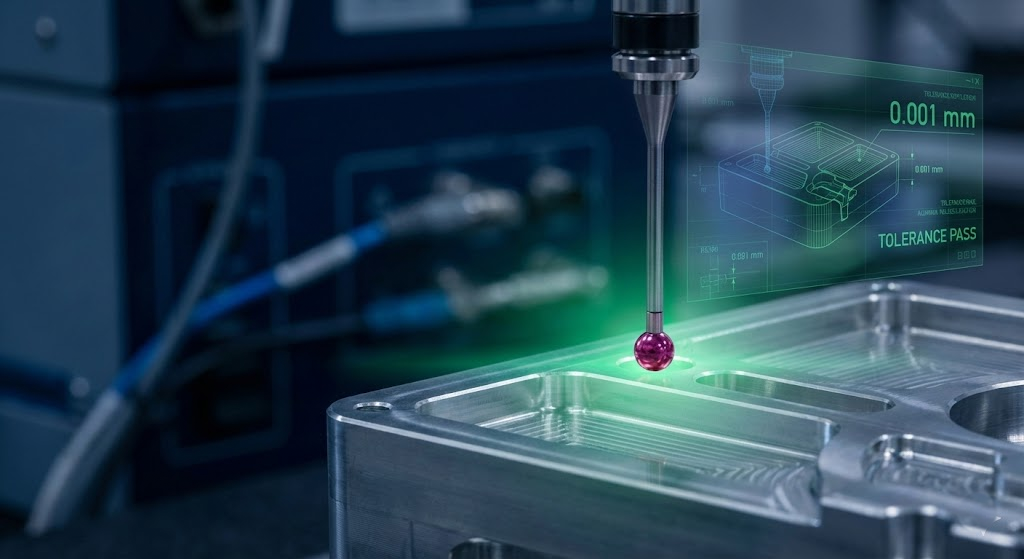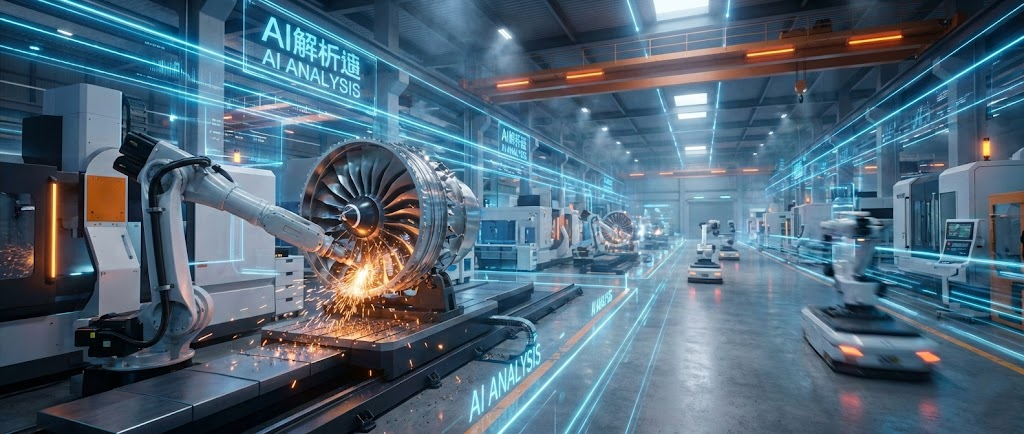Embracing the Future: Digital Manufacturing’s Evolution in 2025
In 2025, digital manufacturing stands at the forefront of industrial innovation, integrating advanced technologies such as artificial intelligence, the Internet of Things, and digital twins to revolutionize production processes. This evolution fosters unprecedented efficiency, precision, and adaptability, enabling manufacturers to meet dynamic market demands and sustainability goals. By embracing these digital advancements, industries are not only enhancing operational performance but also paving the way for a more resilient and responsive manufacturing landscape.

Key Trends Shaping Digital Manufacturing
1. Rise of Smart Factories
Smart factories are becoming the norm, leveraging interconnected machines and real-time data analytics to optimize production processes. This transition enhances operational efficiency and reduces downtime.
2. Emphasis on Sustainability
Manufacturers are prioritizing eco-friendly practices, aiming for carbon neutrality and minimal environmental impact. Digital tools facilitate energy optimization and waste reduction across production lines.
3. Integration of AI and Machine Learning
Artificial intelligence and machine learning are being employed to predict maintenance needs, optimize supply chains, and enhance quality control, leading to smarter decision-making processes.
4. Adoption of Digital Twins
Digital twin technology allows for virtual replication of physical assets, enabling manufacturers to simulate and test processes, thereby reducing errors and improving product quality


Benefits of Embracing Digital Manufacturing
1. Enhanced Productivity:
Automation and real-time monitoring streamline operations, increasing throughput and reducing manual errors.
2. Improved Quality:
Advanced analytics and monitoring ensure consistent product quality and compliance with standards
3. Greater Flexibility:
Digital systems allow for rapid adjustments to production schedules and customization of products to meet market demands.
Conclusion
Digital manufacturing in 2025 is not just a trend but a transformative approach reshaping the industry. By adopting these innovations, manufacturers can achieve greater efficiency, sustainability, and competitiveness in the global market.












